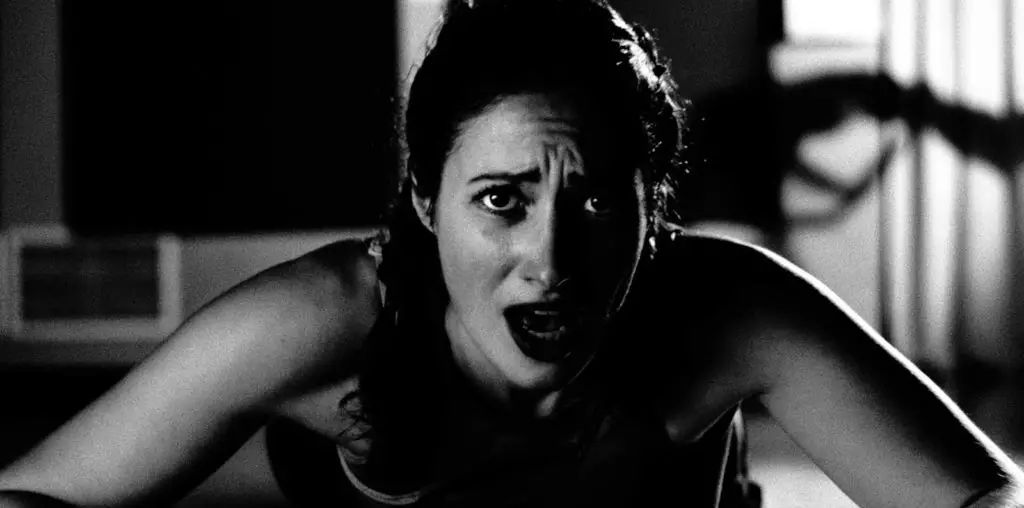
Pavla Fleischer intended to make a documentary about the man she loves, Eugene Hütz, the singer of Gogol Bordello. Unfortunately, Hütz doesn’t feel the same way about her, but he’s more than happy to have her foot the bill for his trip around Europe and Russia to rediscover his Gypsy roots (the music from which he incorporates into his “Gypsy punk” band). It’s an interesting dilemma for the filmmaker, but one that doesn’t figure too prominently into things as she is the professional through and through. That’s not to say, however, that this documentary isn’t interesting.
Fleischer and Hütz bring music with them wherever they go, which is always appreciated by the locals they encounter. When these locals aren’t dancing and singing along, they are begging the two visitors to take them away to anywhere else. This is as true of a Gypsy camp as it is of a Russian suburb, and the locals’ desire to be elsewhere is deeply contrasted with Hütz’s desire to connect with his homeland and history.
Proving to be even more interesting than the foreigners’ desire to get the hell out of Dodge is what happens when Hütz presents his music to a few culturally important people he truly admires. Frankly, they don’t like it. They understand that he is trying to introduce a new generation of people to Gypsy music, but they don’t appreciate that he has strayed so far from tradition. Ironic, given the film’s focus.
If you are a fan of Gogol Bordello, you will need to see this film, as it gives a rare insight into the band’s frontman. If you just happen to enjoy a variety of music, this will also be of interest to you. After all, how often do you get to see traditional Gypsy music performed in a Gypsy camp? Exactly. If, on the other hand, your musical tastes begin and end with what is on the radio this week, you’ll have to try another film as you’ll never be able to comprehend this attempt at bridging the gap between people using the universal language of music.
